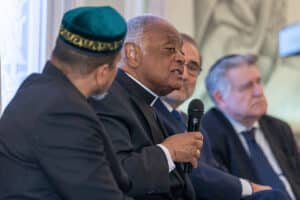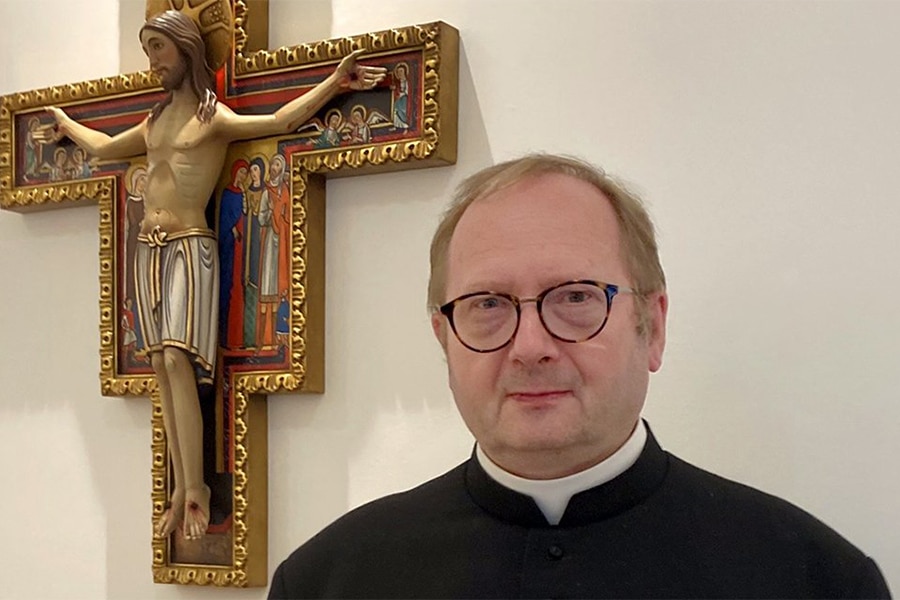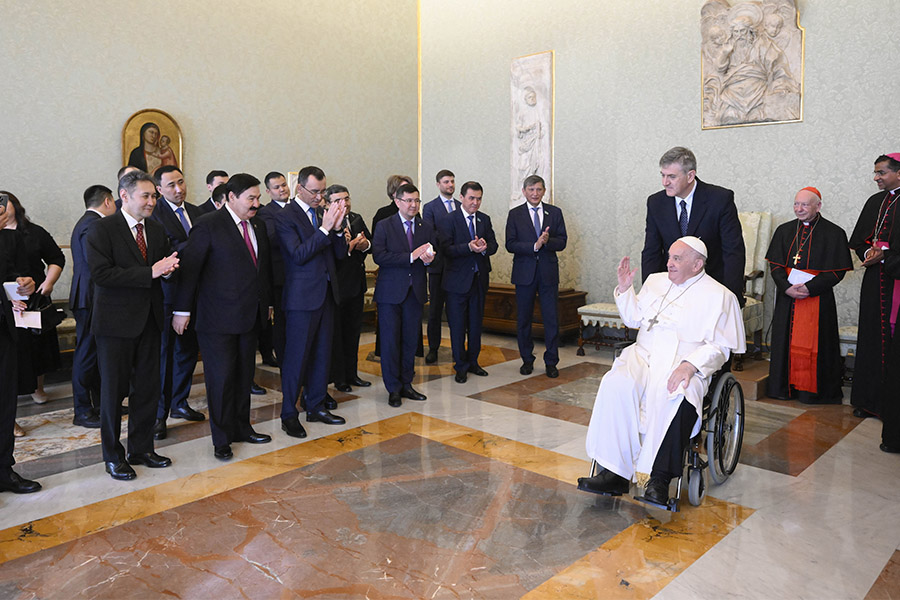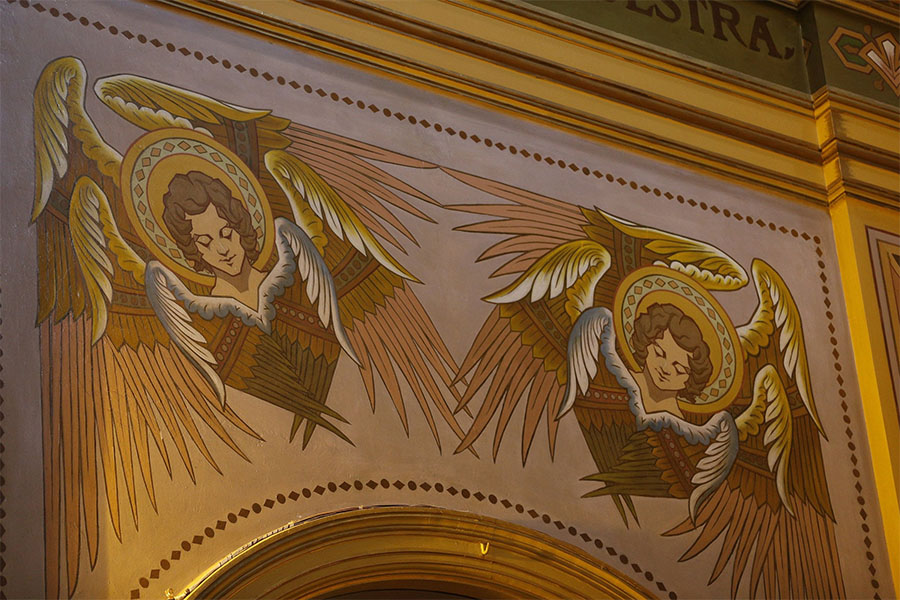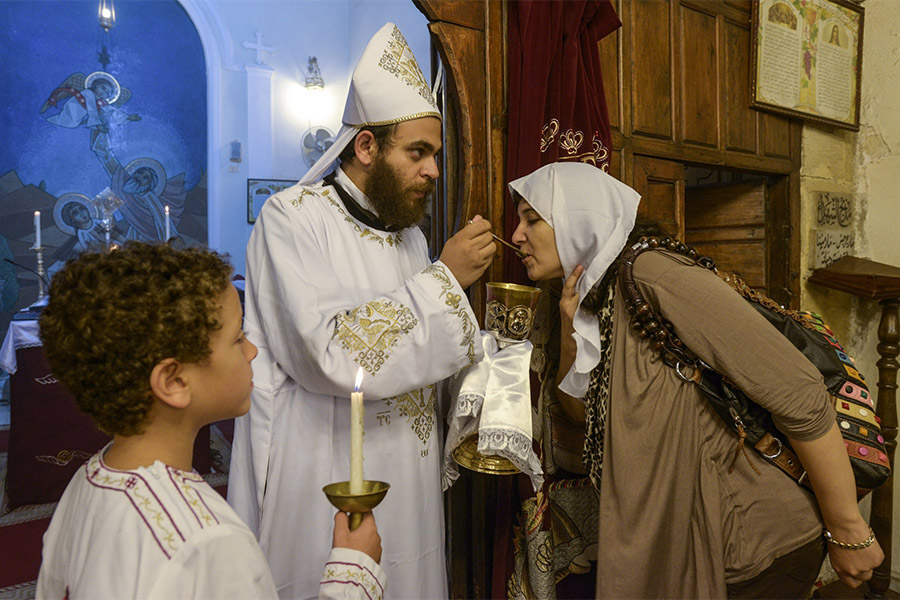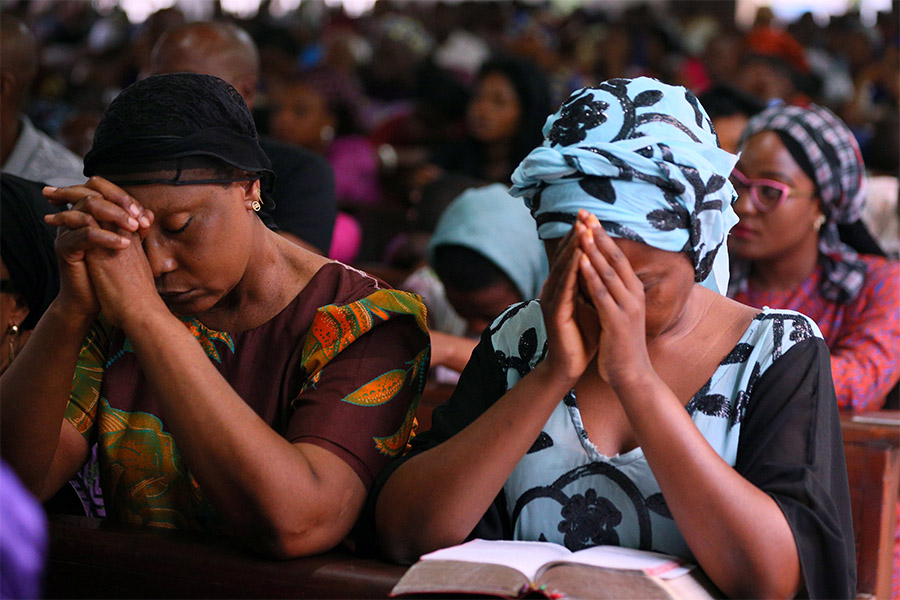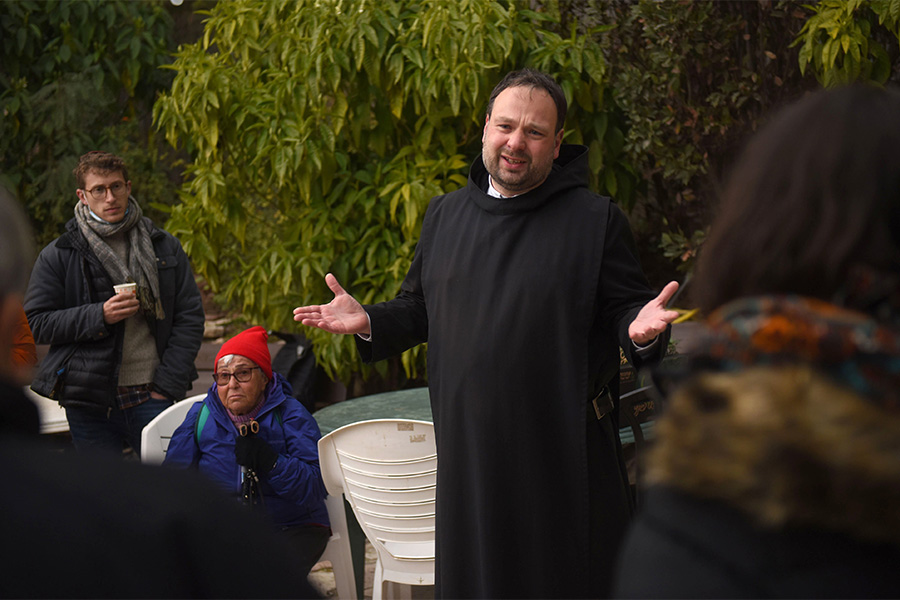WASHINGTON (OSV News) — Washington Cardinal Wilton D. Gregory in remarks May 17 at an interfaith dialogue echoed the pope’s emphasis on encountering, listening to, talking with and learning from others to build bridges of solidarity, understanding and peace.
He was one of several religious leaders participating in an interfaith dialogue hosted by the Embassy of Argentina in Washington to mark the 10th anniversary of the pontificate of Pope Francis’.
One of the panelists, Mythili “Lee” Bachu, a Hindu woman originally from India who serves as chair of the Interfaith Council of Metropolitan Washington, noted, “What Pope Francis is trying to tell us is please come together, work together, be together.”
Later she added, “When people come together, we can do a lot of great things.”
In his remarks, Cardinal Gregory emphasized, “Pope Francis’ vision, and his call for fraternal encounter, is really the only way that we will be able to go forward.”
Washington’s archbishop pointed out how people often come together in response to natural or man-made disasters.
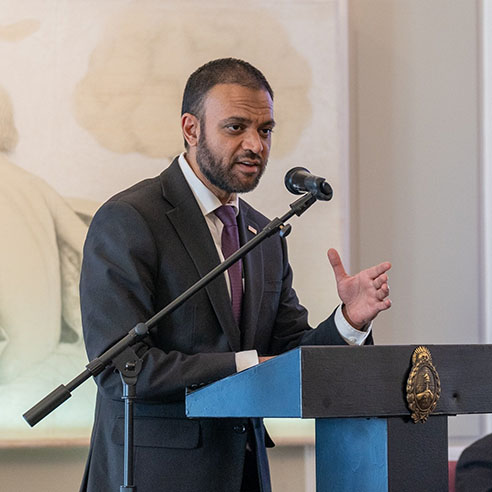
“But encounter is more than simply responding to disaster,” the cardinal said. “Encounter is the energy to keep human disasters from developing — the human disaster of hatred and bigotry. We talk about the spread unfortunately of antisemitism, Islamophobia and racism. The things that are tearing us apart, they are as destructive as tsunamis, as earthquakes, as hurricanes, except we sometimes don’t find the energy to come together and address them.”
Cardinal Gregory added, “Encounter is the antidote for fear and hatred.”
Another panelist, Imam Talib Shareef, the president and imam of Masjid Muhammad, the Nation’s Mosque in Washington, said those who attack other races or religions don’t have relationships with those they are attacking.
“Encounter is about establishing relationships. The word encounter is necessary and very important. That should drive us,” Imam Shareef said. “The natural order of life is calling us to come together and care about one another.”
Panelist Rabbi Abraham Skorka, a close friend of Pope Francis in their native Argentina who with the pope co-wrote the book “On Heaven and Earth,” also underscored the importance of encounter.
‘
“The way to do that is through dialogue,” he said, adding that Pope Francis would say that involves “opening my heart to let the other come inside me, and vice versa.”
Rabbi Skorka, who recorded 31 television dialogues with then-Cardinal Jorge Bergoglio before the cardinal became pontiff in 2013, noted that his friend used to often say, “I have to put myself in the shoes of the other.”
The rabbi, who is now a senior research fellow for Jewish Studies and Jewish-Christian Relations at Georgetown University in Washington, said, “Dialogue is the key to knowing the other.”
He noted how he had joined the pope’s 2014 visit to the Holy Land, when the pope’s aim was to build bridges between the people of Israel and Palestine. Rabbi Skorka expressed hope that such encounters will someday “illuminate a path to peace” there.
Also speaking on the panel was Allyson Chard, the director of communications for the Church of Jesus Christ of Latter-day Saints in the Washington area, who said that in studying Pope Francis’ writing, she was moved by what the pope called “the art of the encounter.”
Chard noted how the pope has emphasized engaging young people, many of whom have no religious affiliation. She added, “We need goodness, we need kindness, we need faith, all those things Pope Francis is talking about.”
Argentine Ambassador to the U.S. Jorge Argüello hosted the gathering. In welcoming the participants, he said Pope Francis’ 2020 encyclical “Fratelli Tutti, on Fraternity and Social Friendship,” had inspired a recent book in Argentina, “Fraternal Dialogue.” The pope wrote a forward for it in which he emphasized how fraternal discussions can be translated into action and help build a world where the dignity of all people is recognized and where all can find enough food, housing and work.
“Argentina is a success story,” the ambassador said. “We have a history of intercultural and interreligious integration, and religious leaders have been fundamental to achieving that.”
Before the panelists spoke, Rashad Hussain, U.S. ambassador at large for international religious freedom, and Archbishop Christophe Pierre, apostolic nuncio to the United States, offered opening remarks.
Hussain said the U.S. State Department May 15 issued its latest International Religious Freedom Report, warning of growing religious extremism, antisemitism and Islamophobia. The world also faces critical challenges such as climate change and vaccine hesitancy, he said.
Governments cannot confront these issues alone, Hussain said, noting the influence religious communities. “We have a special obligation to be working together,” he said.
Archbishop Pierre praised the interfaith gathering, saying, “We are having an experience of the human fraternity that the Holy Father wants to encourage and inspire.”
The apostolic nuncio pointed out that Pope Francis’s encyclical on fraternal love, “Fratelli Tutti,” was inspired by St. Francis of Assisi, who in the midst of the Crusades and interreligious violence crossed the battle lines in Egypt to visit the Sultan Malek al-Kamil. The pope wrote that St. Francis’ dialogue with the Muslim leader was done “simply to spread the love of God.”
Archbishop Pierre said that what St. Francis did 800 years ago is “what Pope Francis is calling us to do today, in the midst of terrible polarization.”
“Instead of playing the game that so many are playing in our society,” he continued, which is “insisting on one’s own way at all costs, and seeking the power which will allow one side to impose its own agenda at the expense of the interests of the other -– we must choose a different way: a way of true dialogue, in which each party is honest about its own beliefs and ideals, but in which all parties aim for a common good of which everyone can have a part. As religious leaders, we should practice and model this way.”
In his remarks, Imam Shareef praised the document “Document on Human Fraternity for World Peace and Living Together.” Document on Human Fraternity” that Pope Francisissued in 2019 with Egypt’s Grand Imam of Al-Azhar, Sheikh Ahmad el-Tayeb, during a visit to the United Arab Emirates.
“The fact that he went to a Muslim country and Muslim land, and it was signed there, that says a lot,” said Imam Shareef.
That document, he said, emphasized the importance of people living together “in a spirit of universal kinship, and building bridges of faith over fear, bridges of peace over violence, bridges of love over hate, and bridges of unity over division.”
After the dialogue, Imam Shareef said that because of that document, Muslims and Christians are coming together more around the world.
Read More Ecumenism & Interfaith Relations
Copyright © 2023 OSV News
